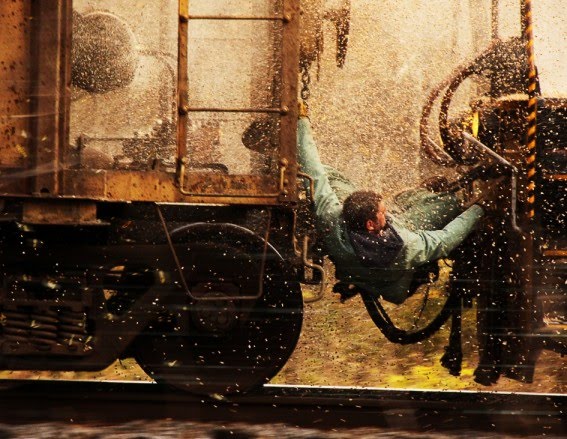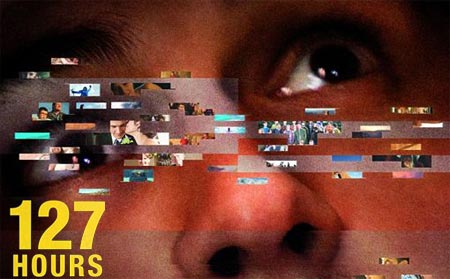I guess I should have known. But I try to remain optimistic, and I felt enthused about the prospect of Reese Witherspoon, Paul Rudd, Owen Wilson, and Jack Nicholson performing in a comedy/drama by the writer/director James L. Brooks (Terms of Endearment, Broadcast News, As Good As It Gets, Spanglish). I thought it might maniputively pull at my heart strings, extrapolate a few shameless laughs, persuade me I'd made a good decision to spend $9.50 on a rainy San Diego day. Shame on me because the new film How Do You Know is awful. Jut awful. Not awful in a way I'd recommend it, not so egregiously fucked that it earns some warped merit-badge of honor. No, it's awful in a totally banal manner that slowly made me furious for sitting in the theater watching such a bloated bore of cinema. I watched actors I've liked or loved in other films (Knocked Up, Diggers, Election, Freeway, The Royal Tenenbaums, Chinatown), and I felt initial disappointment give way to anger by the time the film dragged itself to the finish line, where it simply collapsed under the weight of its own hubris. This film is another example of Hollywood pissing away millions of dollars on a worthless project.
Witherspoon stars as Lisa, a thirty-year old professional softball player who gets cut from the US national team. Adrift in Arlington, Virginia, she begins a relationship with a Washington Nationals pitcher, Matty Cain (Wilson). Cain is written as a type of vain, self-obsesesed playboy who sleeps around with various women. He's got a drawer full of unopened toothbrushes for the ladies who spend the night as well as a closet full of new clothes in various sizes for them to wear so they don't have to shamefully leave the building in the same outfit they were wearing the previous night.
The relationship between Matty and Lisa is complicated by George (Rudd), a businessman being investigated by the federal government for securities fraud. He works for his father (Nicholson), a cantankerous business owner who you know will inevitably have something to do with George's troubles, since George is written as the nicest, most compassionate character who never says a bad thing, does a bad thing, thinks a bad thing. It’s difficult to make Rudd boring, but Brooks has managed to do just that. Eventually, George ends up on an awkward date with Lisa, and he soon realizes he's falling love with this woman. However, she’s still trying to make her relationship with Matty work.
This film lacked a heart, it lacked a brain, it lacked a soul. I could harp on the performances, but they were only following the direction of Brooks, so blame must fall on his shoulders, and/or studio hacks who meddled in the film's affairs. Nothing of any consequence happened in this movie; no depth of character is developed, no intellectually engaging thematic elements are presented. He took a common cinematic topic (relationships between couples) and zapped it of all consequence, humor, empathy, complexity; basically, he sucked all aspects of identifiable life from the picture. I could go on, but it's not worth the time.
One thing I do know: this film simply exists as a larger manifestation of Hollywood's intellectual and emotional retardation outside of a few select filmmakers when it comes to adult relationship issues. Hollywood hacks sure do know how to greenlight bombastic, but entertaining, 100 million dollar would-be blockbusters and juvenile, sometimes admittedly humorous, comedies. But the byzantine workings of grown-up affairs seem to be out of the mental grasp of big studio productions. How Do You Know seems to be the perfect encapsulation of the infantalization of such grown-up issues; sex/nudity is never shown because God forbid we see two people grasping at catharsis or clarity through use of a specific sexual dynamic, and modern professional/personal difficulties are never addressed-in fact, only a couple of throw-away scenes even show the characters at work. Do yourself a favor and rent George Washington instead; David Gordon Green's emotionally/socially resonant film featuring a cast of mostly nonprofessional child actors displays the intricate machinations of falling in love more perceptively than How Do You Know could ever hope to do.










